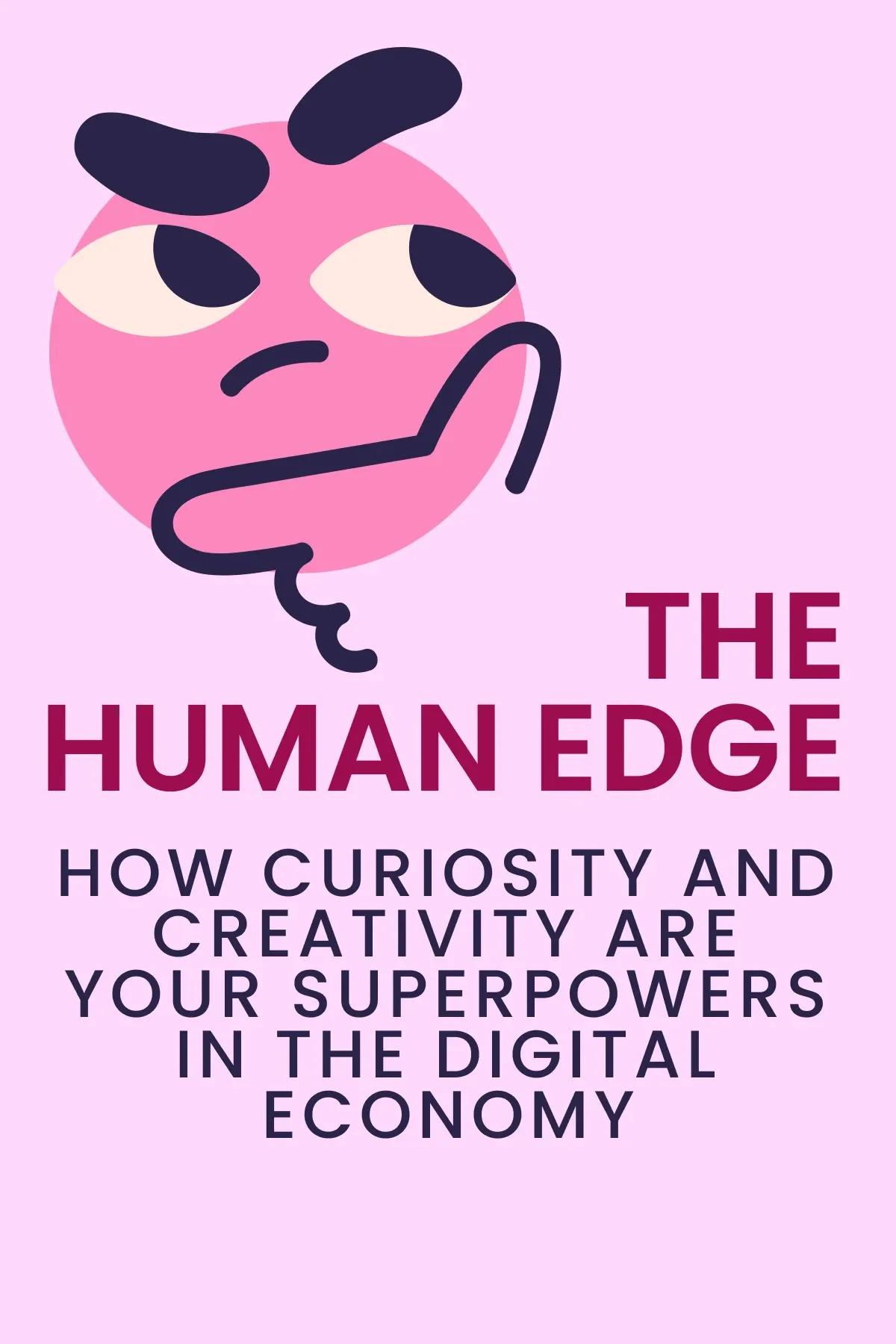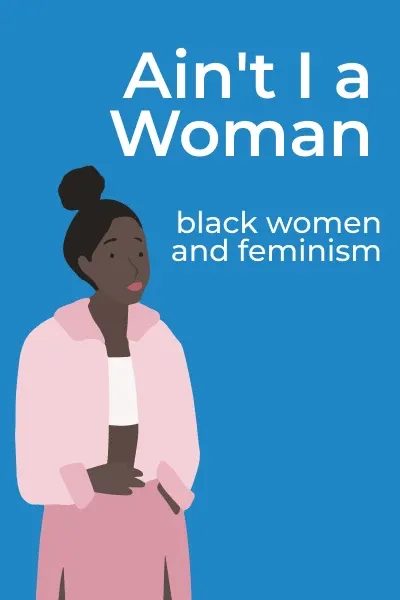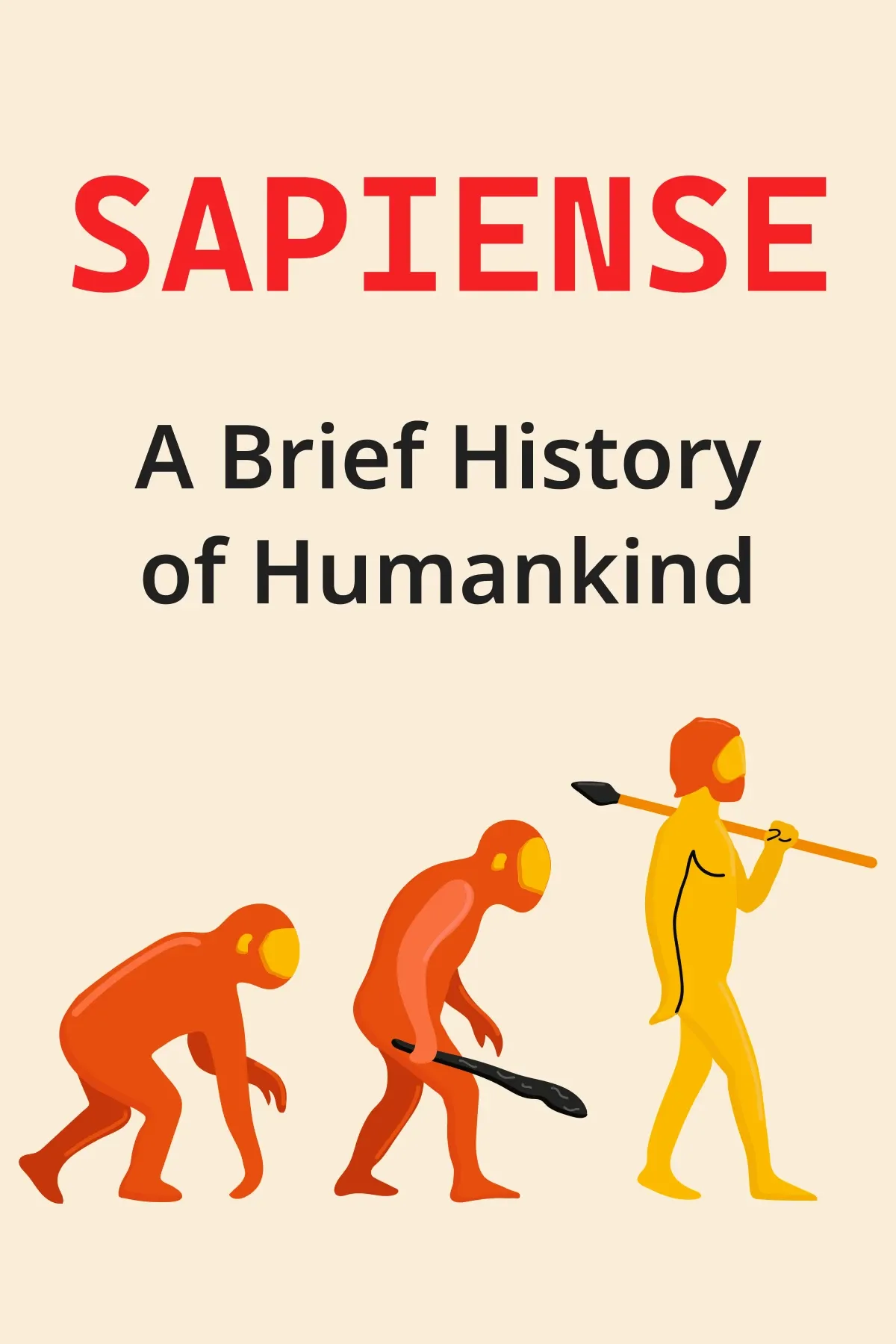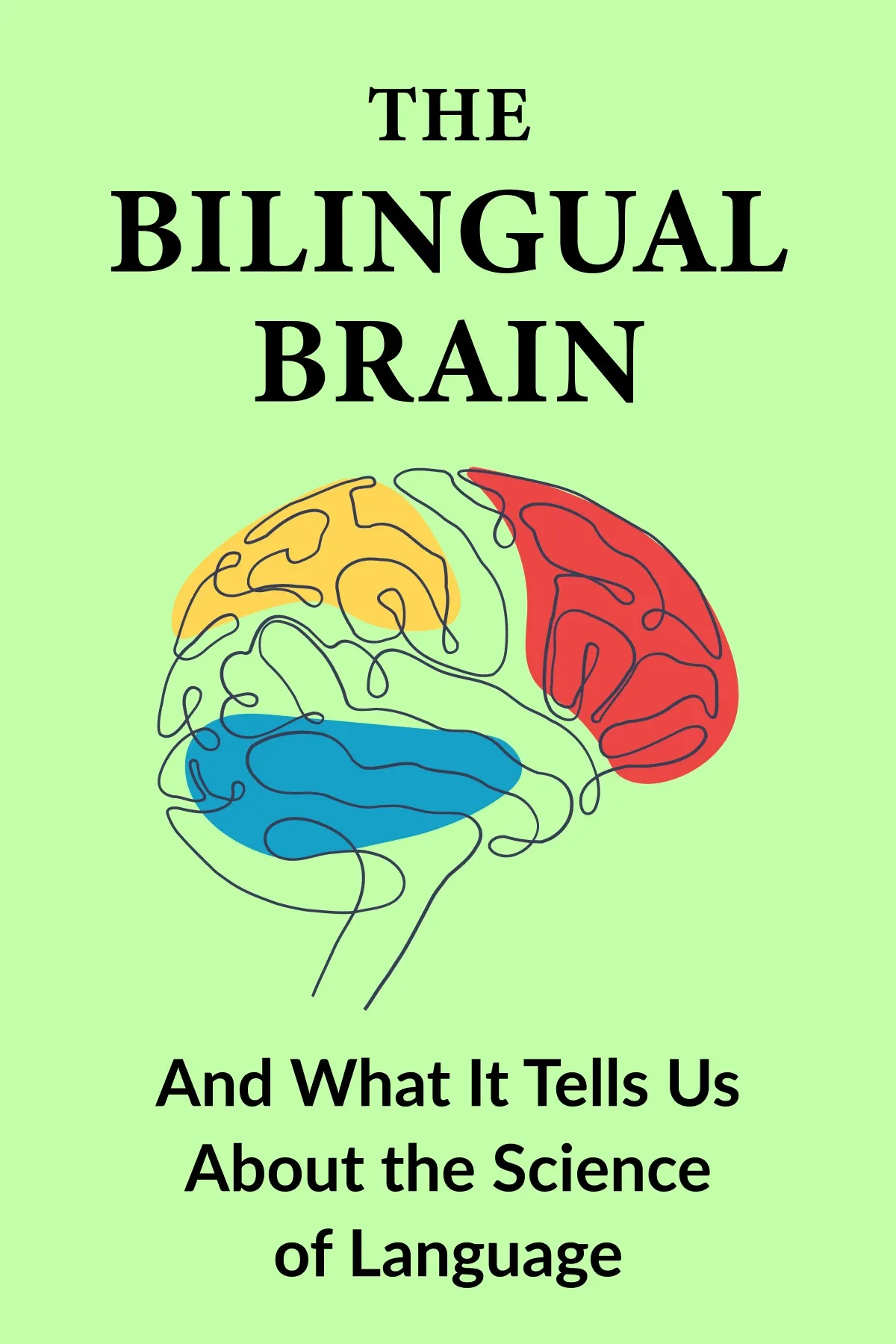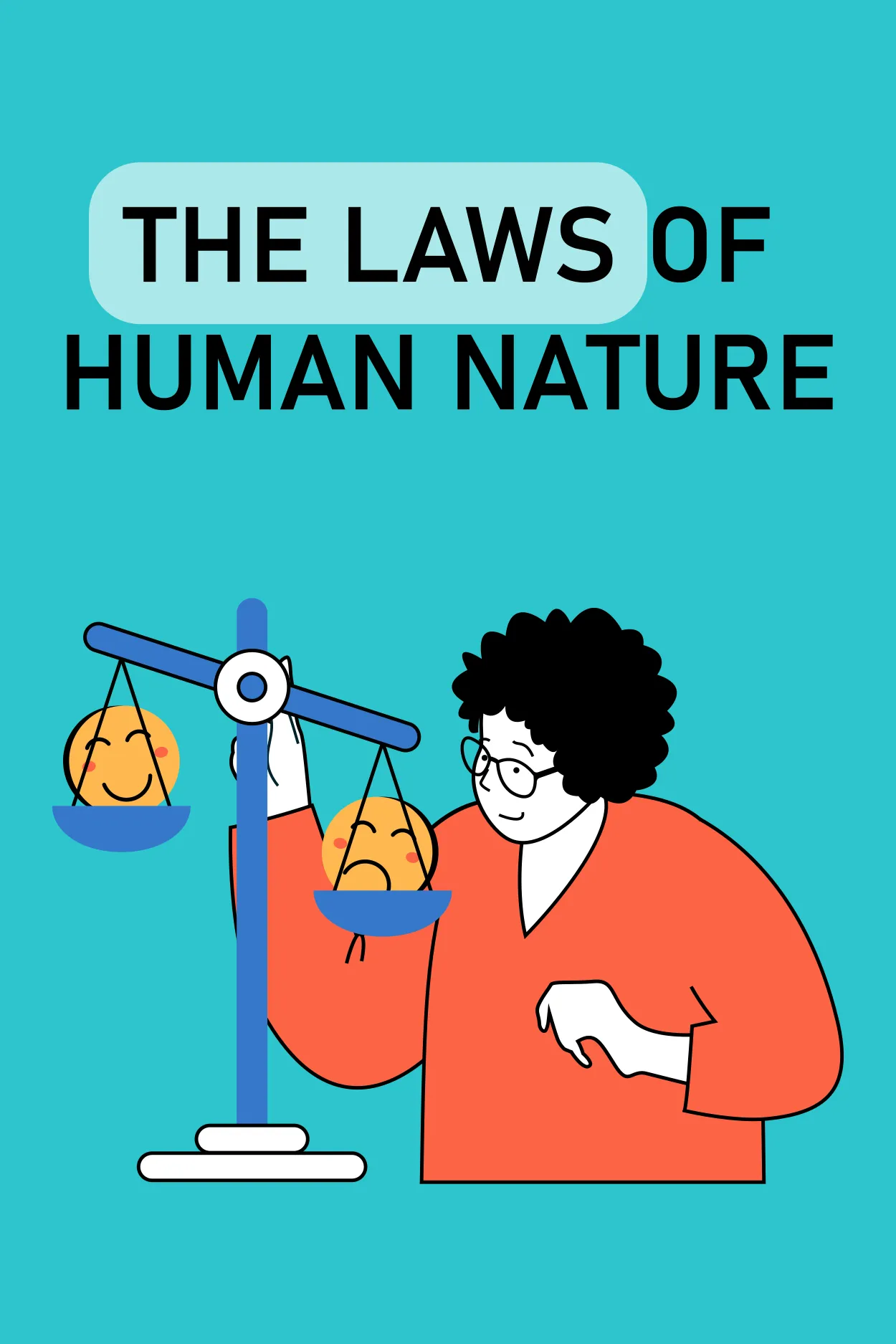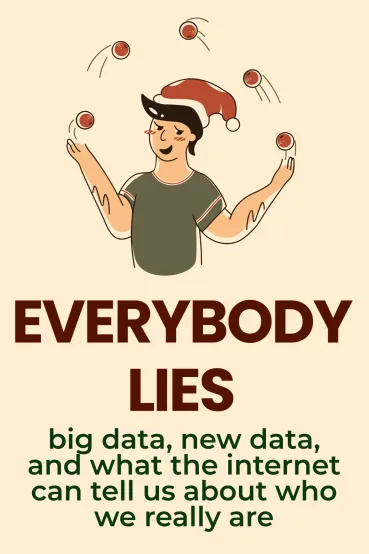
Everybody Lies
Brief Summary
The economy, sports, crime, politics, the environment - each of these areas can be analyzed and measured thanks to big data. Besides, a vast amount of information allows us to uncover the secrets that we try to hide from ourselves. Through his book, Seth Stephens-Davidowitz offers a fresh perspective on data processing and explains what questions you need to ask to get the right answers.
Key points
Key idea 1 of 8
"Big data" stands for a massive amount of information. It is so vast that capturing and analyzing it requires a lot of processing power. For example, we can see via Google search the attractions in your city that people frequently visit. Having lived in your hometown since birth, you know which sights are the most popular. You can perfectly draw a conclusion based on the data you have. But this analysis is intuitive. So, it has no scientific basis. It's crucial not only to collect the right information but to make correct predictions based on it.
The author's grandmother, who was almost 90 years old, decided to give him her personal life advice. She argued that he and his future soulmate should have many mutual acquaintances. Why? No valid reason was behind it. The old lady made certain conclusions by observing the couples around her. But who's to say those conclusions were infallible? The people around you aren't enough to conclude. Only a broad sample can give a trustworthy result. According to a large 2014 study, couples with many mutual Facebook friends are more likely to break up.
Working with data is much easier than it seems at first glance. The key is to be able to notice patterns. It helps you understand how one small thing can change the whole result. The great thing about big data is that it allows us to connect seemingly unrelated things.
FAQ
You may also like these summaries


